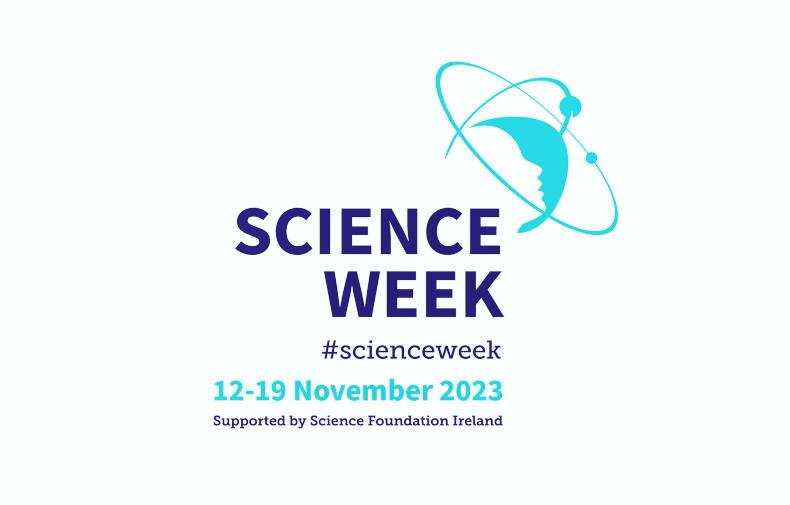Science Week will engage the Irish public on the theme of ‘Human?’; asking people what it means to be human in today's world, and how the decisions we make today, will impact our future.
Conor Meade, Associate Professor in Biological and Geographical Sciences at Maynooth University, outlines the importance of improving and maintaining the soil microbiome, with a focus on the ‘Human’ relationship with the soil.
Soil is a vital component of our ecosystem, serving as the foundation for life by providing essential nutrients and support for plant growth. It plays a crucial role in nutrient cycling, water filtration, and carbon storage, making it indispensable for sustaining biodiversity and maintaining ecological balance.
Sustainability issues
Conor emphasises the necessity of reducing inputs for crop production in the future. This reduction is driven by two primary reasons: first, to enhance biodiversity and minimise environmental impacts, and second, to lower the carbon footprint associated with farming practices. As a result, farmers will face greater challenges due to climate change, characterised by increased rainfall and heightened risks of spring and early summer droughts. To address these challenges, there is a pressing need to develop strategies that support farmers in achieving more resilient crop production while simultaneously minimising inputs and mitigating environmental stress.
Research
Part of the work that Conor is involved with includes heading up the DNet2SSoils project, which aims to evaluate low-input sustainability solutions using an autonomous robotic system.
The focus lies on harnessing the potential of the soil microbiome, comprising of beneficial bacteria and fungi, to support crop growth. Historically, under the Common Agricultural Policy, farmers relied on nutrient inputs to bolster crop health. However, as these inputs are reduced, crops become more vulnerable. The project's objectives encompass two main approaches: first, by collecting soil samples from different farm types, starting with organic farmers and progressing to conventional farmers adopting low-input practices. The aim is to identify the most favourable soil types for crop growth. These soils will be used to cultivate crops under drought stress to assess their performance. Second, the project seeks to assist groups of farmers with similar soil types and biology in experimenting with different crops to determine their suitability. This is proposed through the use of a robotic system, which autonomously monitors crop performance with sensors, and provides valuable information to farmers and researchers well before any visible signs of crop stress, offering a cost-effective and low-risk means to trial crops.
The aim is to select crops suitable to specific soils that can be resilient through drought, ensuring farmers maintain crop yield and margins with fewer inputs.
As we delve into the theme of 'Human?' during Science Week, Conor's research highlights the synergy between science and mindful decision-making, outlining a blueprint for sustainable agriculture that preserves our ecosystem.

Visit scienceweek.ie for more information







 This is a subscriber-only article
This is a subscriber-only article




